Intro
Pregnancy is a critical period in a woman's life, and a well-planned diet is essential to support the health and development of both the mother and the baby. A pregnancy meal plan should include a variety of nutrient-dense foods to provide the necessary vitamins, minerals, and macronutrients for a healthy pregnancy. A balanced diet during pregnancy can help prevent complications, support fetal growth and development, and ensure a healthy birth weight.
A pregnancy meal plan should be tailored to meet the individual needs of each pregnant woman, taking into account her age, weight, height, and any pre-existing medical conditions. It's essential to consult with a healthcare provider or a registered dietitian to create a personalized meal plan that meets the unique nutritional needs of each woman. A well-planned diet during pregnancy can help alleviate symptoms such as morning sickness, fatigue, and constipation, and support the overall health and well-being of both the mother and the baby.
A healthy pregnancy meal plan should include a variety of foods from all food groups, including fruits, vegetables, whole grains, lean proteins, and healthy fats. It's essential to focus on whole, unprocessed foods as much as possible, and limit intake of sugary drinks, fast food, and processed snacks. Additionally, pregnant women should stay hydrated by drinking plenty of water throughout the day. A pregnancy meal plan should also take into account any dietary restrictions or preferences, such as vegetarian or vegan diets, and ensure that the necessary nutrients are obtained through alternative sources.
Pregnancy Nutrition Basics
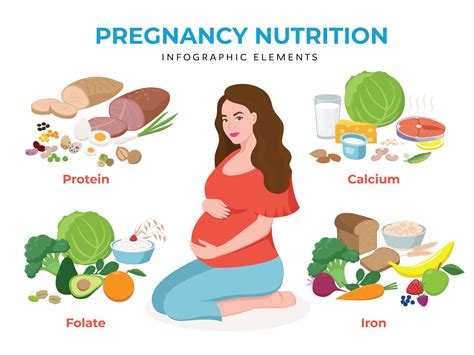
Pregnancy nutrition is a complex topic, and it's essential to understand the basics of nutrient needs during pregnancy. Pregnant women require more calories, protein, and other essential nutrients to support fetal growth and development. The recommended daily intake of calories during pregnancy is approximately 2,200-2,800 calories, depending on age, weight, and activity level. Additionally, pregnant women require more protein, iron, calcium, and folic acid to support fetal growth and development.
Macronutrients During Pregnancy
A balanced diet during pregnancy should include a variety of macronutrients, including carbohydrates, protein, and healthy fats. Carbohydrates provide energy for the body, while protein is essential for fetal growth and development. Healthy fats, such as omega-3 fatty acids, support fetal brain development and overall health. The recommended daily intake of macronutrients during pregnancy is: * Carbohydrates: 45-65% of total daily calories * Protein: 15-20% of total daily calories * Healthy fats: 20-35% of total daily caloriesPregnancy Meal Planning Tips
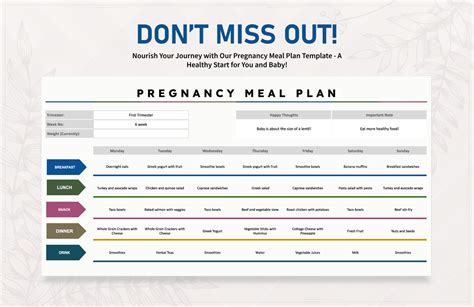
Pregnancy meal planning can be challenging, but there are several tips to help make it easier. First, it's essential to plan meals in advance, using a weekly meal planner or a mobile app to stay organized. Additionally, pregnant women should focus on whole, unprocessed foods as much as possible, and limit intake of sugary drinks and fast food. Here are some additional tips for pregnancy meal planning:
- Eat frequent, small meals to alleviate morning sickness and prevent extreme hunger
- Incorporate a variety of colorful fruits and vegetables into meals and snacks
- Choose lean protein sources, such as poultry, fish, and legumes
- Incorporate healthy fats, such as nuts, seeds, and avocados, into meals and snacks
- Stay hydrated by drinking plenty of water throughout the day
Pregnancy Snacking Tips
Snacking is an essential part of a pregnancy meal plan, as it helps to alleviate morning sickness and prevent extreme hunger. Here are some tips for healthy snacking during pregnancy: * Choose nutrient-dense snacks, such as fruits, vegetables, and whole grain crackers * Incorporate protein-rich snacks, such as nuts, seeds, and hard-boiled eggs * Limit intake of sugary snacks and drinks * Avoid snacks high in sodium and added sugars * Drink plenty of water throughout the day to stay hydratedPregnancy Food Safety
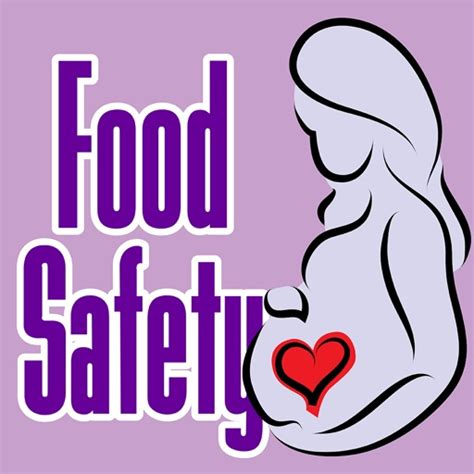
Pregnancy food safety is a critical topic, as pregnant women are more susceptible to foodborne illnesses. Here are some tips for pregnancy food safety:
- Handle and store food safely to prevent contamination
- Cook food to the recommended internal temperature to prevent foodborne illnesses
- Avoid raw or undercooked meat, poultry, and fish
- Avoid unpasteurized dairy products and juices
- Wash hands frequently with soap and water to prevent the spread of illness
Pregnancy Food Allergies and Intolerances
Pregnancy food allergies and intolerances are common, and it's essential to understand how to manage them. Here are some tips for managing food allergies and intolerances during pregnancy: * Identify common food allergens, such as peanuts, tree nuts, and shellfish * Read food labels carefully to avoid exposure to allergens * Avoid cross-contamination with allergens in the kitchen * Consult with a healthcare provider or registered dietitian for personalized advice on managing food allergies and intolerancesPregnancy Meal Planning for Special Diets
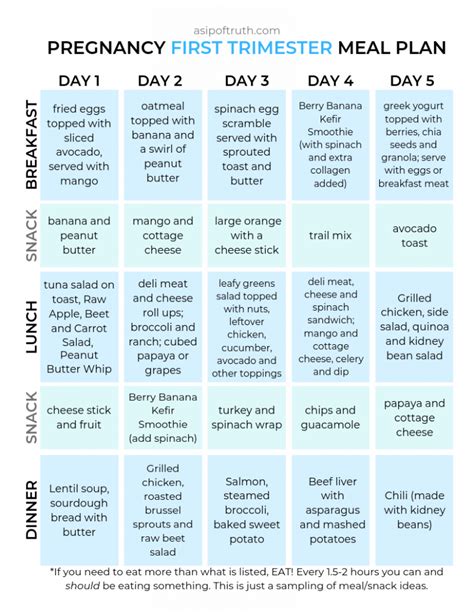
Pregnancy meal planning for special diets requires careful consideration of nutrient needs and dietary restrictions. Here are some tips for pregnancy meal planning for special diets:
- Vegetarian and vegan diets: focus on plant-based protein sources, such as legumes, nuts, and seeds
- Gluten-free diets: choose gluten-free whole grains, such as brown rice, quinoa, and gluten-free bread
- Dairy-free diets: choose non-dairy milk alternatives, such as almond milk, soy milk, and coconut milk
- Consult with a healthcare provider or registered dietitian for personalized advice on managing special diets during pregnancy
Pregnancy Meal Planning for Gestational Diabetes
Pregnancy meal planning for gestational diabetes requires careful consideration of carbohydrate intake and blood sugar control. Here are some tips for pregnancy meal planning for gestational diabetes: * Focus on whole, unprocessed foods, such as fruits, vegetables, and whole grains * Choose complex carbohydrates, such as brown rice, quinoa, and whole grain bread * Limit intake of sugary drinks and fast food * Consult with a healthcare provider or registered dietitian for personalized advice on managing gestational diabetes through dietPregnancy Meal Planning Resources
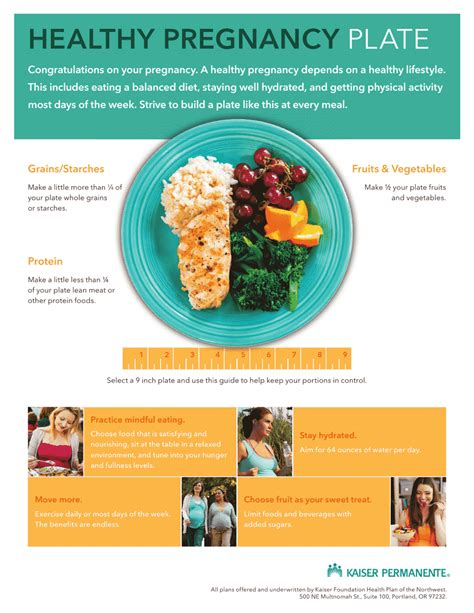
Pregnancy meal planning resources are available to help pregnant women create a healthy and balanced diet. Here are some resources for pregnancy meal planning:
- American College of Obstetricians and Gynecologists (ACOG) pregnancy nutrition guidelines
- Academy of Nutrition and Dietetics pregnancy nutrition resources
- National Institute of Child Health and Human Development (NICHD) pregnancy nutrition resources
- Consult with a healthcare provider or registered dietitian for personalized advice on pregnancy meal planning
Pregnancy Meal Planning Apps
Pregnancy meal planning apps are available to help pregnant women plan and track their meals. Here are some popular pregnancy meal planning apps: * What to Expect pregnancy meal planner * BabyCenter pregnancy meal planner * Pregnancy meal planner by Sprout * Consult with a healthcare provider or registered dietitian for personalized advice on using pregnancy meal planning appsWhat are the most important nutrients for a healthy pregnancy?
+Folic acid, iron, calcium, and protein are essential nutrients for a healthy pregnancy. A well-balanced diet that includes a variety of whole foods can provide these necessary nutrients.
How can I manage morning sickness through diet?
+Eating frequent, small meals, avoiding spicy or fatty foods, and staying hydrated can help manage morning sickness. Additionally, incorporating ginger, vitamin B6, and other natural remedies into your diet may help alleviate symptoms.
What are some healthy snack options for pregnant women?
+Healthy snack options for pregnant women include fruits, vegetables, whole grain crackers, nuts, and seeds. It's essential to choose nutrient-dense snacks that provide essential vitamins and minerals.
In conclusion, a well-planned pregnancy meal plan is essential for a healthy pregnancy. By understanding the basics of pregnancy nutrition, incorporating a variety of whole foods into your diet, and managing special diets and food allergies, you can support the health and development of both you and your baby. Remember to consult with a healthcare provider or registered dietitian for personalized advice on pregnancy meal planning, and don't hesitate to reach out with any questions or concerns. Share your own pregnancy meal planning tips and experiences in the comments below, and help support other pregnant women on their journey to a healthy and happy pregnancy.
